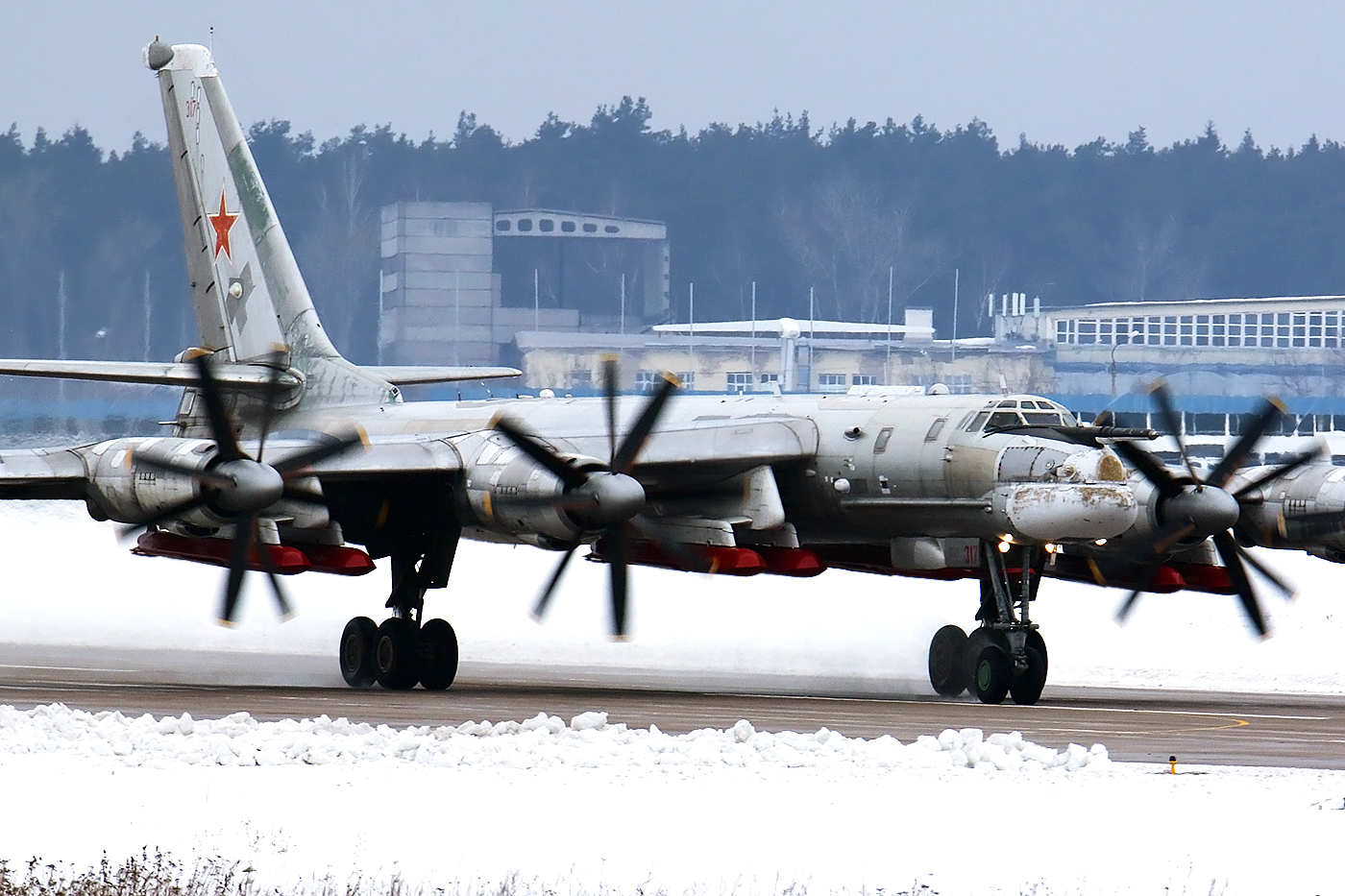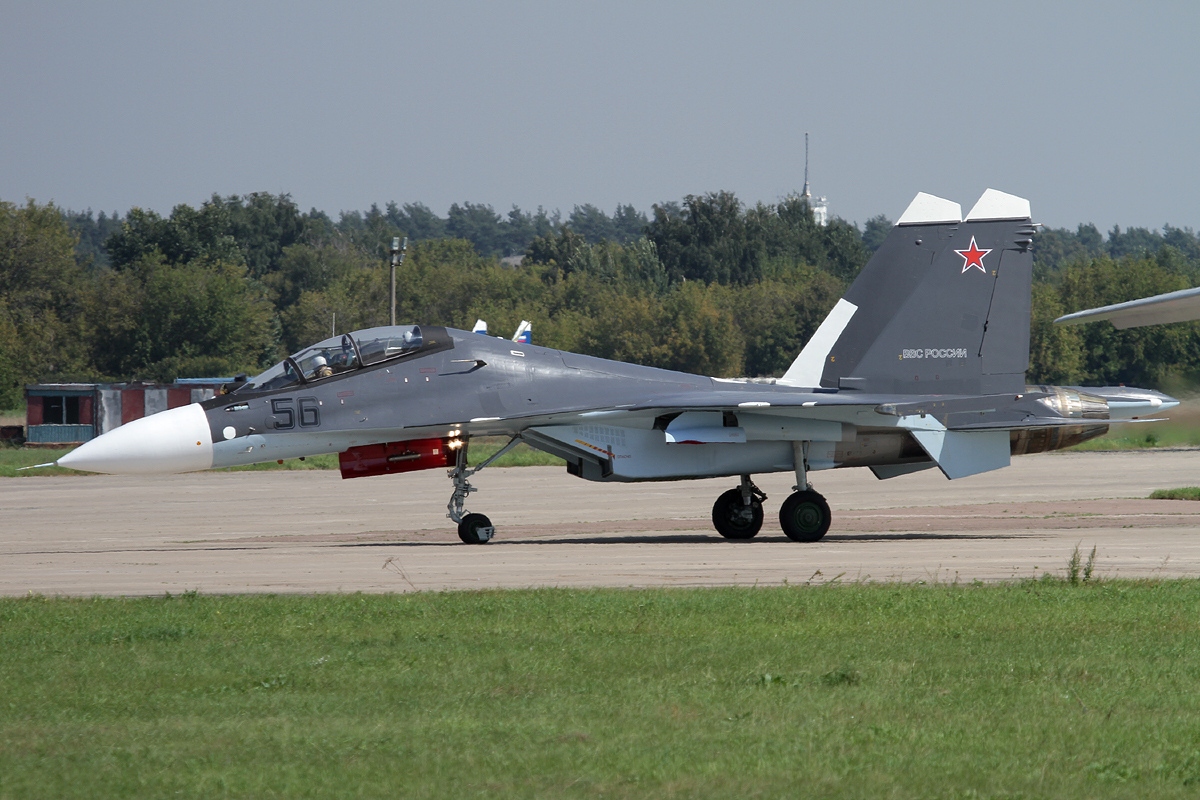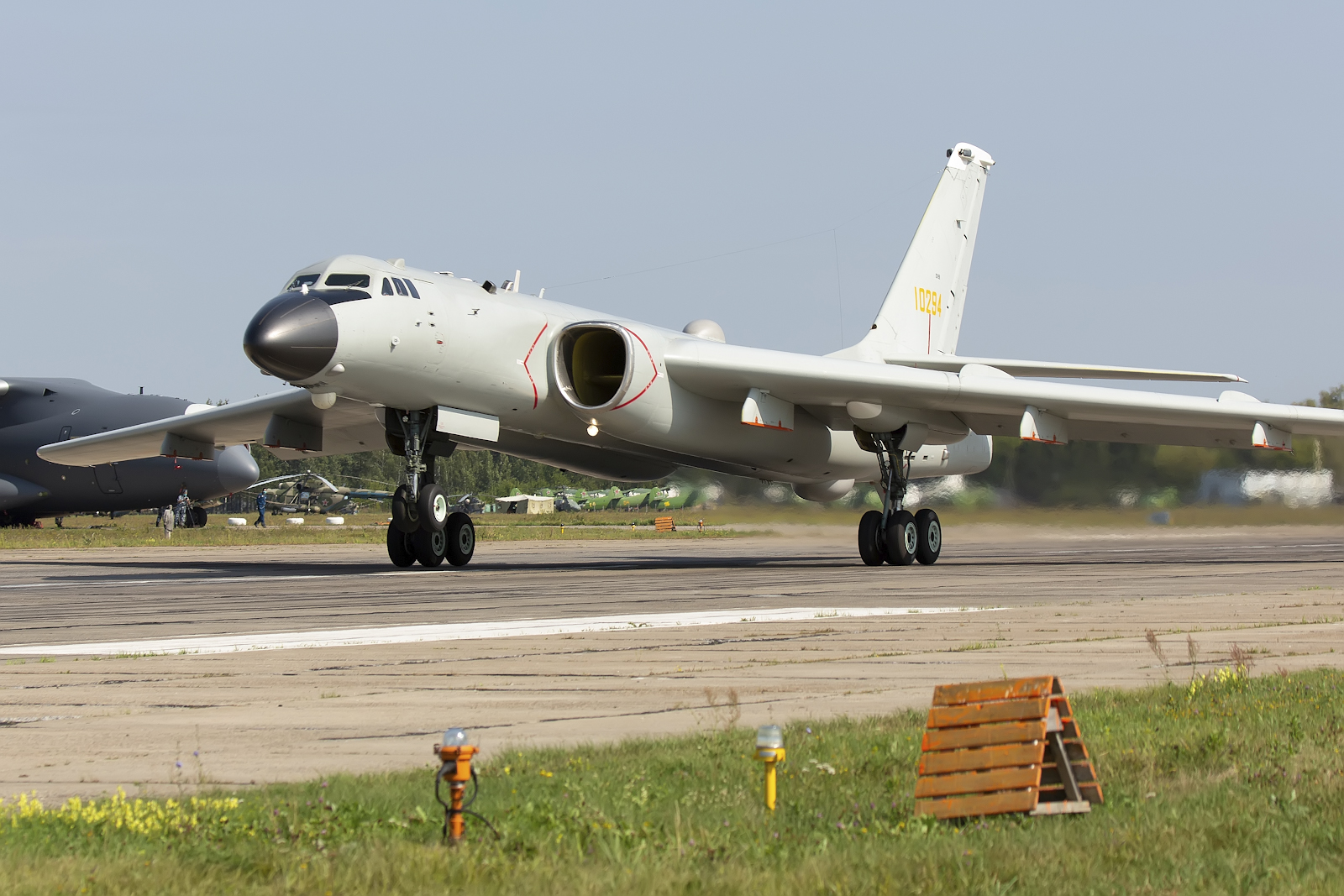Russian T-95 and Chinese H-6 bombers entered South Korea’s identification zone
A force composed of H-6K and Tu-95MS bombers conducted a joint air patrol over the waters of the Sea of Japan, during which they entered South Korea’s identification zone.
As reported by Yonhap news agency, the bombers’ unannounced incursion into South Korea’s air defense identification zone (KADIZ) Tuesday morning prompted the Republic of Korea Air Force (ROKAF) to send fighters to the site to intercept and identify the aircraft.
Seoul’s Joint Chiefs of Staff (JCS) reported that the two Chinese and four Russian warplanes entered the KADIZ, but did not violate South Korea’s territorial airspace.
«Prior to their entry into the KADIZ, our military deployed Air Force fighters to carry out tactical preparedness measures against possible accidental situations,» the JCS said in a text message sent to reporters.

Apparently, the joint patrol consisted of two Tupolev Tu-95MS strategic missile-carrying bombers of the Russian Aerospace Force (VKS) and two Xian H-6K strategic missile bombers of the Chinese People’s Liberation Army Air Force (PLAAF), which flew over the waters of the Sea of Japan and the East China Sea.
According to TASS, the bombers were escorted during their patrol by a pair of Su-30SM heavy fighters.

Japan also sent a pair of fighters to intercept and escort the Sino/Russian formation, as is customary in such cases.
The air defense zone is not territorial airspace, but is demarcated to ask foreign aircraft to identify themselves to avoid accidental collisions.

In recent years, both Russian and Chinese aircraft have been frequent visitors to the identification zones of their Pacific neighbors, especially those of Japan, South Korea and Taiwan. This forces these countries to deploy intercept fighters on an almost daily basis, resulting in accelerated wear and tear on these aircrafts.
This tactic, carried out mainly by China to make the logistics of its adversaries more expensive and to strain the capabilities of its aerial assets, is viewed with growing concern by the air forces of the countries in the region.

/https://aviacionlinecdn.eleco.com.ar/media/2022/05/Xian-H-6K.jpg)
Para comentar, debés estar registradoPor favor, iniciá sesión